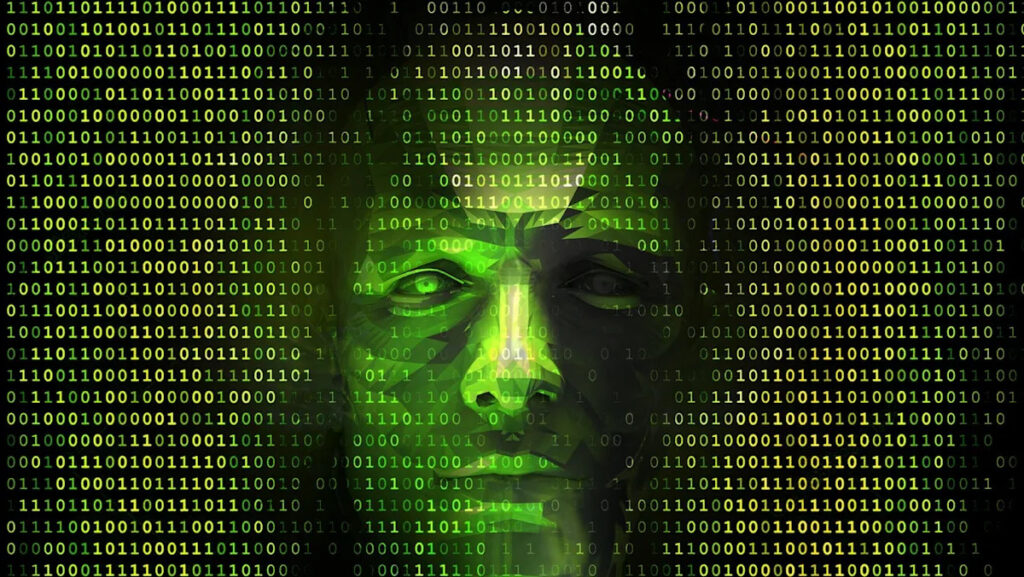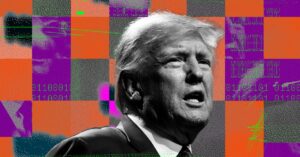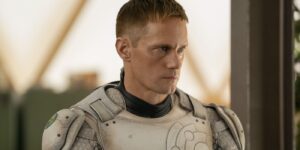
The concept of the singularity, a point where human intelligence merges with artificial intelligence, has been a topic of intense debate among futurists for years. American computer scientist and renowned futurist Ray Kurzweil has been at the forefront of this discussion, predicting that this monumental event will occur within the next 20 years. As advancements in artificial intelligence continue to accelerate, Kurzweil’s predictions are gaining increased attention and credibility.
Kurzweil’s new book, The Singularity is Nearer, builds on his previous work and argues that humanity’s intelligence could increase a millionfold by 2045, thanks to innovations such as nanobots. These tiny machines, he suggests, could be non-invasively inserted into our capillaries, creating brain interfaces that enhance our cognitive abilities. “We’re going to be a combination of our natural intelligence and our cybernetic intelligence,” Kurzweil explained in an interview with The Guardian, “and it’s all going to be rolled into one.”
The Road to the Singularity
Kurzweil’s predictions are not new. In 1999, he theorized that artificial general intelligence (AGI) would be achieved by 2029, a claim that was met with skepticism at the time. Many experts believed that such advancements were at least a century away. However, as we approach Kurzweil’s timeline, the rapid development of AI technologies has made his predictions seem increasingly plausible.
Kurzweil’s vision of the future involves a hybrid existence where humans and machines coexist seamlessly. This idea, while ambitious, is not without its supporters. Oxford’s Marcus du Sautoy and Nick Bostrom have also discussed the potential for a synthesis between human and artificial intelligence, suggesting that some form of merger is not only possible but inevitable.
Implications of a Hybrid Future
The prospect of merging human and artificial intelligence raises numerous questions and concerns. What will this mean for employment, as AI potentially takes over jobs traditionally performed by humans? Could advancements in AI lead to a form of immortality, fundamentally altering our understanding of what it means to be human?
Kurzweil remains optimistic about these challenges. He advocates for the implementation of a Universal Basic Income, seeing it as a necessary adaptation to a future where AI plays a dominant role in the economy. Additionally, he believes that AI will revolutionize medicine, potentially extending human lifespans significantly. “In the early 2030s, we can expect to reach longevity escape velocity,” Kurzweil stated, “where every year of life we lose through aging, we get back from scientific progress.”
Historical Parallels and Future Outlook
The idea of the singularity is reminiscent of past technological revolutions, such as the Industrial Revolution, which fundamentally transformed society. Just as those changes brought about both challenges and opportunities, so too could the advent of the singularity.
While Kurzweil’s predictions are bold, they are not without precedent. Technological advancements often occur at a pace that surpasses expectations, and the potential for AI to reshape our world is immense. As we approach the dates Kurzweil has forecasted, the world watches with anticipation to see if these predictions will come to fruition.
As we stand on the brink of what could be a transformative era in human history, the conversation around the singularity continues to evolve. Whether Kurzweil’s vision becomes reality remains to be seen, but the implications of such a future are profound, promising both unprecedented advancements and complex challenges.







